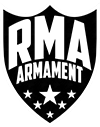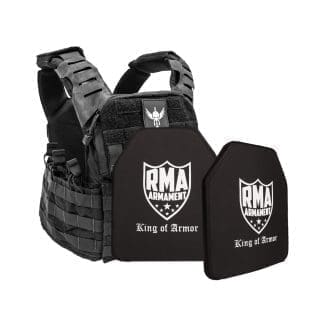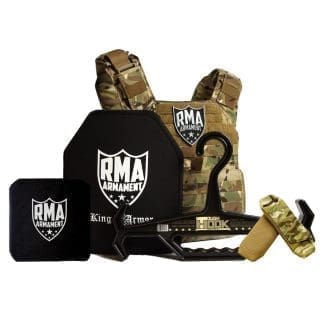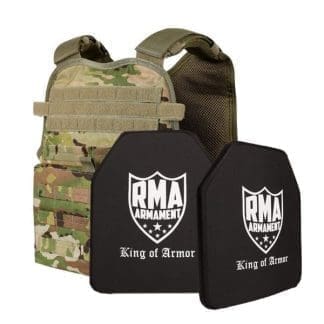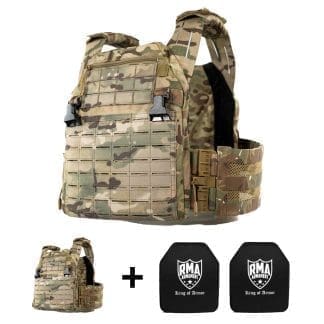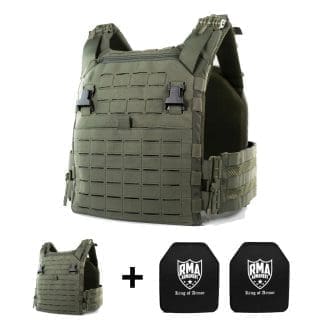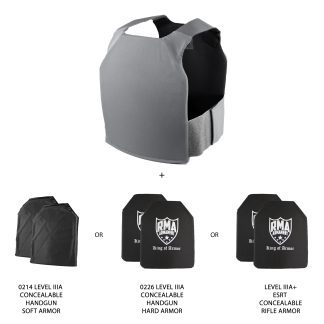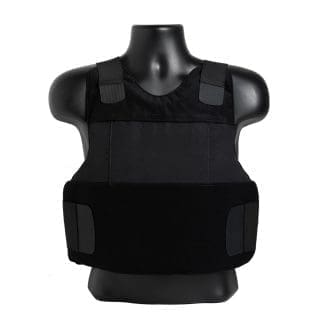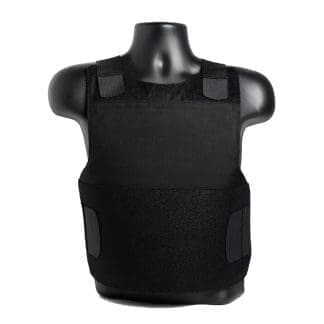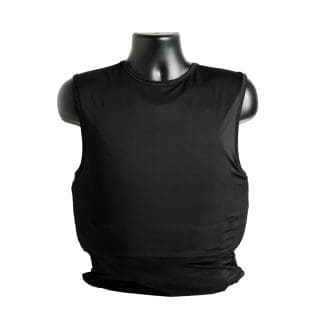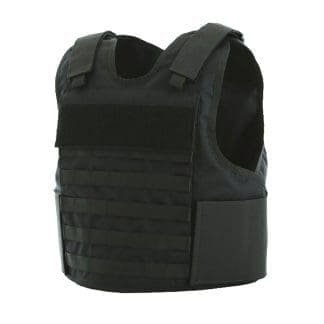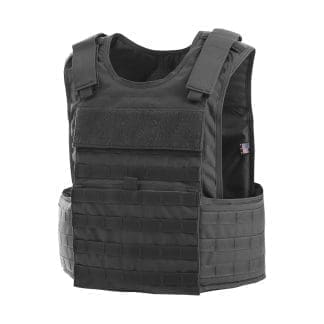Showing 25–36 of 42 results
-
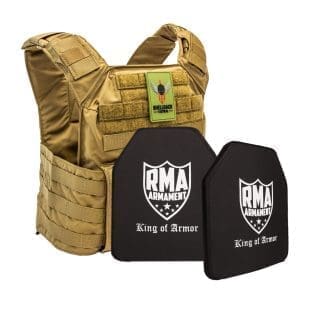
Level IV Banshee System w/ Model #1155 Plates
$569.97 – $604.97 Select options This product has multiple variants. The options may be chosen on the product page -

Level IV Banshee Elite 2.0 System w/ Model #1155 Plates
$639.97 – $709.97 Select options This product has multiple variants. The options may be chosen on the product page -

Level IV Banshee System w/ Model #1155 Plates & Side Plates
$877.93 – $914.93 Select options This product has multiple variants. The options may be chosen on the product page -

Level IV Operator Kit w/ Model #1155 Plates
$395.93 – $430.93 Select options This product has multiple variants. The options may be chosen on the product page -

Level III+ Tailwind Body Armor Kit
No reviews yet$767.97 – $929.97 Select options This product has multiple variants. The options may be chosen on the product page -

Level III+ Sierra Body Armor Kit
No reviews yet$859.97 – $1,029.97 Select options This product has multiple variants. The options may be chosen on the product page -

Krypsys Concealable Body Armor Kit
No reviews yet$334.97 – $834.97 Select options This product has multiple variants. The options may be chosen on the product page -

Protego Concealable Body Armor Vest
Sale! Original price was: $699.00.$499.00Current price is: $499.00. Select options This product has multiple variants. The options may be chosen on the product page -

Contego Concealable Soft Body Armor Vest
Sale! Original price was: $799.00.$599.00Current price is: $599.00. Select options This product has multiple variants. The options may be chosen on the product page -

Virtus Concealable Soft Body Armor Shirt
Sale! Original price was: $699.00.$499.00Current price is: $499.00. Select options This product has multiple variants. The options may be chosen on the product page -

Law Enforcement Tactical Vest with IIIa Soft Armor
No reviews yet$599.00 – $1,699.00 Select options This product has multiple variants. The options may be chosen on the product page -

ASOC IIIA Tactical Armor System
No reviews yet$699.00 – $1,699.00 Select options This product has multiple variants. The options may be chosen on the product page
Showing 25–36 of 42 results
What is Body Armor?
Body armor is protective pieces of wearable equipment that defeat handgun and rifle rounds. Tactical armor is mainly thought of as armor plates or bulletproof vests. But, it also covers a wide range of safety equipment that can cover many different parts of the body for additional protection.
Typically, body armor has been known to protect military personnel, but today it is also used by various types of law enforcement, security guards and law-abiding civilians as well.
When you decide the sizing of armor plates and plate carrier, the type of ballistic helmet, soft armor, or mag pouches you need, RMA Armament is your one stop source for proper body armor protection. Our armor is proudly made in the USA!
If you have any questions on our body armor products and accessories, please don’t hesitate to reach out to us and ask. If you work in law enforcement, we have a police guide to armor designed specifically for you. It answers questions about the type of armor you’ll need – soft body armor, armor plate inserts, or other accessories to complete your plate carrier loadout.
Body Armor Levels
RMA has a lot of armor for sale, so choosing the right soft armor or ballistic rifle plates for your personal needs can be a difficult task. You open up RMA’s web store and see over 20 armor plate models across five different ballistic levels. A pretty daunting task, right? Especially for someone brand new to the world of ballistic armor protection.
With the importance of self-protection at an all-time high in the United States, we help you break down your armor selection into simpler terms to help you understand the differences across Level IIIA bulletproof vests, Level IIIA hard armor, Level III, Level III+ and Level IV rifle rated armor in an easy to read guide on How to Choose the Best Body Armor.
RMA also has a Body Armor Levels reference card to refer to with each of its products. Reference it to determine which rounds a given soft armor tactical vest or hard armor plate is able to defeat.
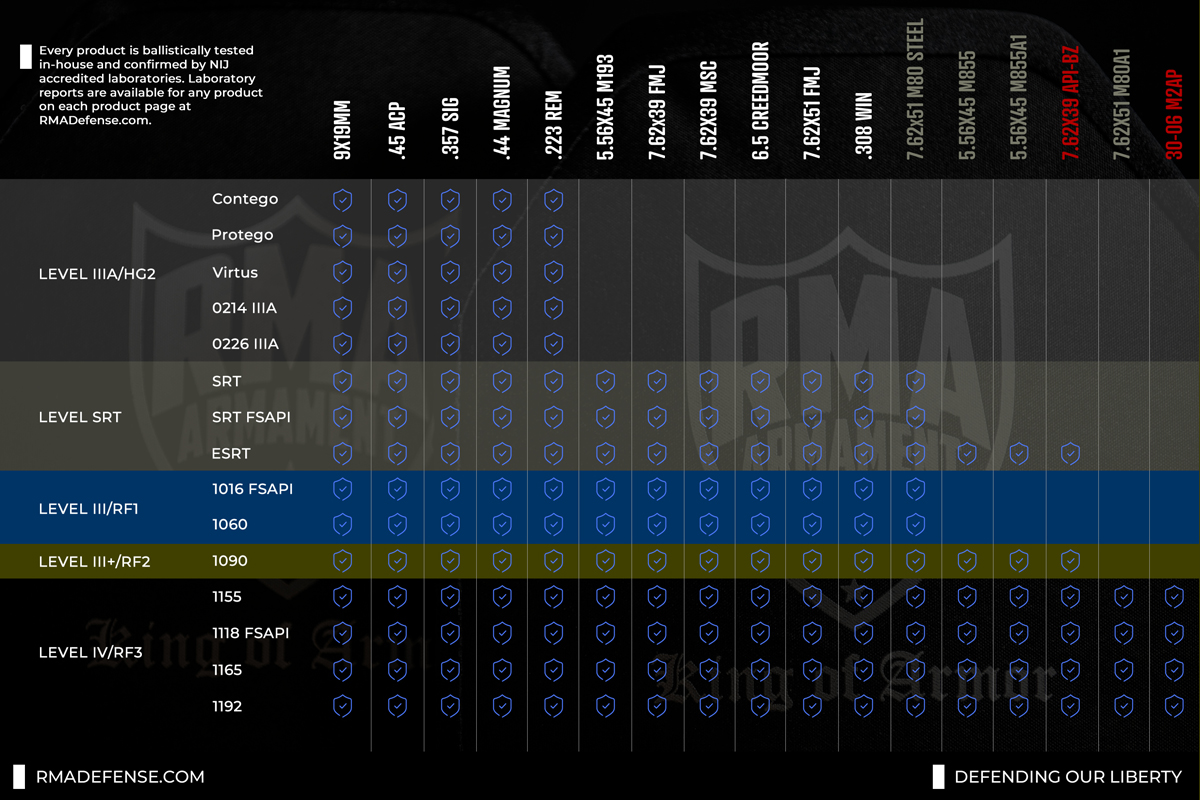
If you have any questions on RMA Armament’s wide selection of armor products, or if you need assistance in determining the best armor for your specific needs, please call us at 866-978-7103 or contact us via email.
Is it Legal to Wear Body Armor?
*18 U.S. Code § 931. United States law restricts possession of body armor for felons convicted of a crime of violence (as defined in 18 U.S. Code § 16). Many U.S. states also have penalties for possession or use of armor by felons. Please check local and state laws regarding body armor.
Please note that the state of New York has recently banned the purchase and ownership of armor. There is an exception for law enforcement, security, military, and first responders. Here is a full list of those who are still eligible to own and wear body armor in the state of New York.
What is the Highest Level of Armor?
A civilian may purchase any level of armor they wish, from level 2A body armor to level 4 plates. There is no level 5 armor. Residents of Connecticut cannot purchase armor outside of face-to-face transactions. However, all armor is still legal for civilians to own.
Types of Armor
Generally speaking, there are two types of armor; soft armor and hard armor. Soft armor ranges from Level II to Level IIIA and is capable of defeating common hand gun rounds. Law enforcement officers commonly wear bulletproof vests made of soft armor.
Protecting yourself against rifle rounds requires hard armor. The most common types of hard armor are Level III, Level III+, and Level IV body armor. The types of rounds you want your armor to defeat will inform the body armor levels that you will want to purchase.
Does Armor Expire?
The short answer is yes, body armor CAN expire. But please, check with individual manufacturers to hear what they have to say about the armor they produce. (And make sure you’re checking with a manufacturer, not a reseller of armor!)
Body armor protects you from harm by absorbing and dispersing the impact of a bullet or shrapnel. However, it is possible that the materials that make up the armor can degrade.
The lifespan of body armor depends factors such as the type of armor, the manufacturer’s recommendations, and how frequently it’s used. In general, most manufacturers recommend replacing armor every five years or ten years. However, some types of armor, like ceramic plates, tend to last much longer when you treat it well.
Heat & Moisture
Exposure to extreme heat or moisture damages some armor. These can cause armor to break down more quickly. However, that’s typically only the case with soft armor. The ceramic and polyethylene used in today’s hard armor plates are typically very resistant to the types of heat and moisture that may degrade soft armor when properly manufactured.
Neither heat nor moisture will reduce an RMA plate’s effectiveness against the ballistics its rated to defeat. (See videos of our plates being tested against heat and moisture here.)
NIJ certifies armor through tests at an NIJ Certified ballistics lab with both heat and moisture prior to the test. If you purchase composite armor from a manufacturer that doesn’t produce NIJ Certified products, then it’s fair to question whether their plates can stand up to the rigors of heat and moisture.
RMA’s armor outlives its warranty expiration. If you’re unsure whether your armor is still effective, please check with us. It’s always better to err on the side of caution with a life-saving product.
